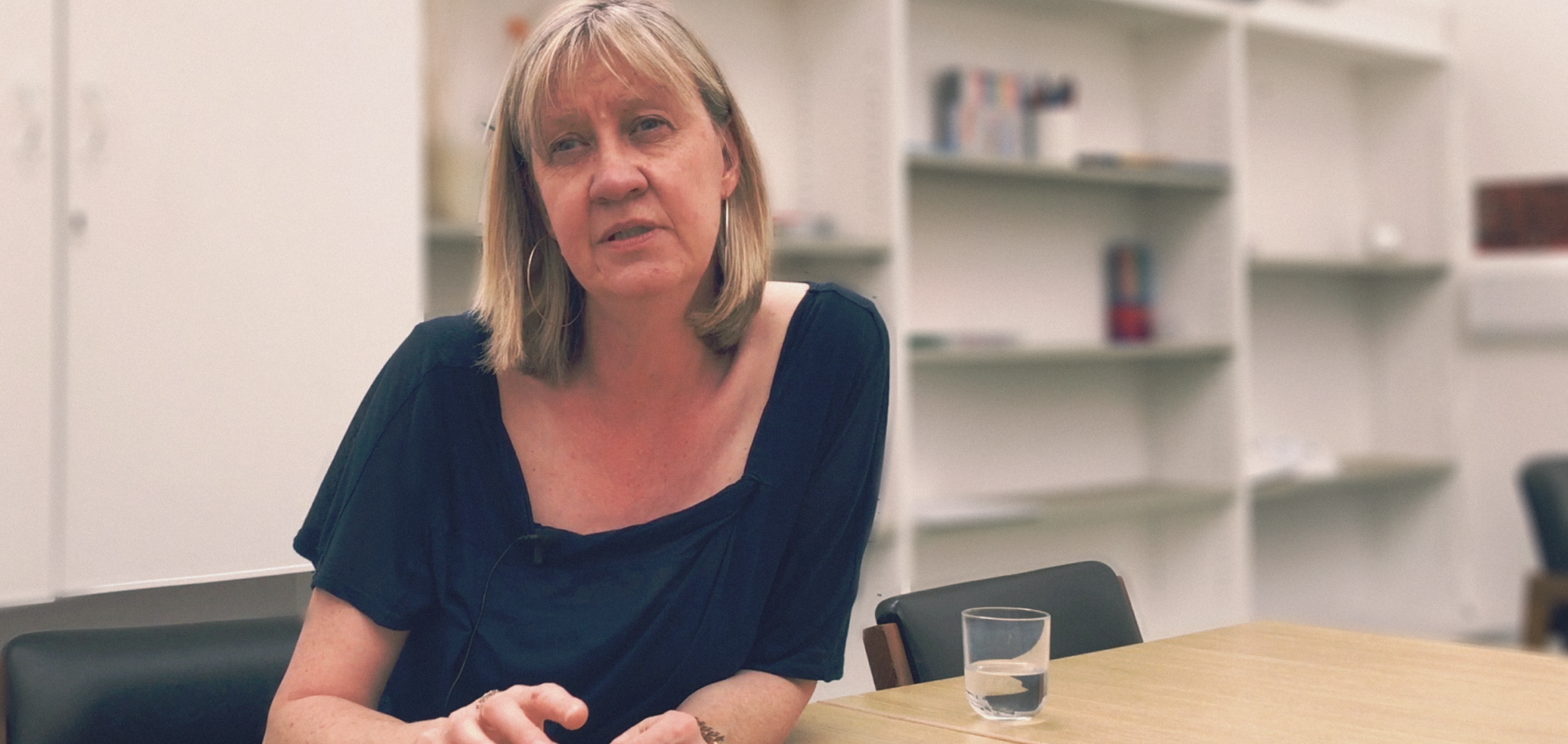
In this series of short films, Gill looks at Post Traumatic Stress Disorder (PTSD). She explains what PTSD is and takes us through the various psychological reactions that can lead to the disorder. She discusses who gets PTSD and talks about how to recognise it, concluding that anybody who has been through a traumatic event can develop it. There are very effective ways of helping people with PTSD and Gill discusses some of these. In the final film she suggests how to help yourself or someone that you think may have PTSD.
In this film, Gill describes the various reactions that can lead to PTSD. PTSD is where a person re-lives the traumatic experience, causing bad memories to come flooding back. One of the reactions this can cause is called hyperarousal, where the person is on edge and prepared for danger. A second reaction is the opposite, hypoarousal, where the person freezes and is incapable of doing anything. Gill talks about the difficulty of predicting how a person will react. Some people will try to avoid reacting at all, by becoming numb and detached. As Gill explains, however, the more you try to avoid thinking about the event, the more it comes in to your head. Being constantly ‘wired but tired’ in this way can leave you exhausted.
This film looks at who can get PTSD. The answer to this question is anybody who has been in a situation where they were exposed to threat or danger and where they thought they might die. Most people manage to cope with these events, especially those who have good support from family and friends. Gill says that talking is good as it allows us to get our heads around what the event meant.
The warning signs that someone may be suffering from PTSD are presented in this film. These include changes in behaviour, such as the person becoming irritable, jumpy or being unable to sleep. They may begin to avoid things and withdraw from those around them.
In this film, Gill tells us what to do if someone has PTSD. She stresses that it is normal to be upset after an event, and that we need time to process what has happened. PTSD happens when this processing gets blocked because what happened is too upsetting or we can’t understand it. She recommends not being frightened of being emotional and to make time to talk and think about things. For someone unable to do this, then treatment might be needed. She outlines the very effective ways of treating PTSD. Your GP can refer you or the person suffering from PTSD to mental health services. In Scotland, each health board has people trained in supporting people work through their disorder. There is a long waiting list for these services but, while waiting for specialist help, self-help techniques such as relaxation and breathing exercises can help.
Please answer each of the following questions. All results are completely anonymous and used for quality assurance purposes only.